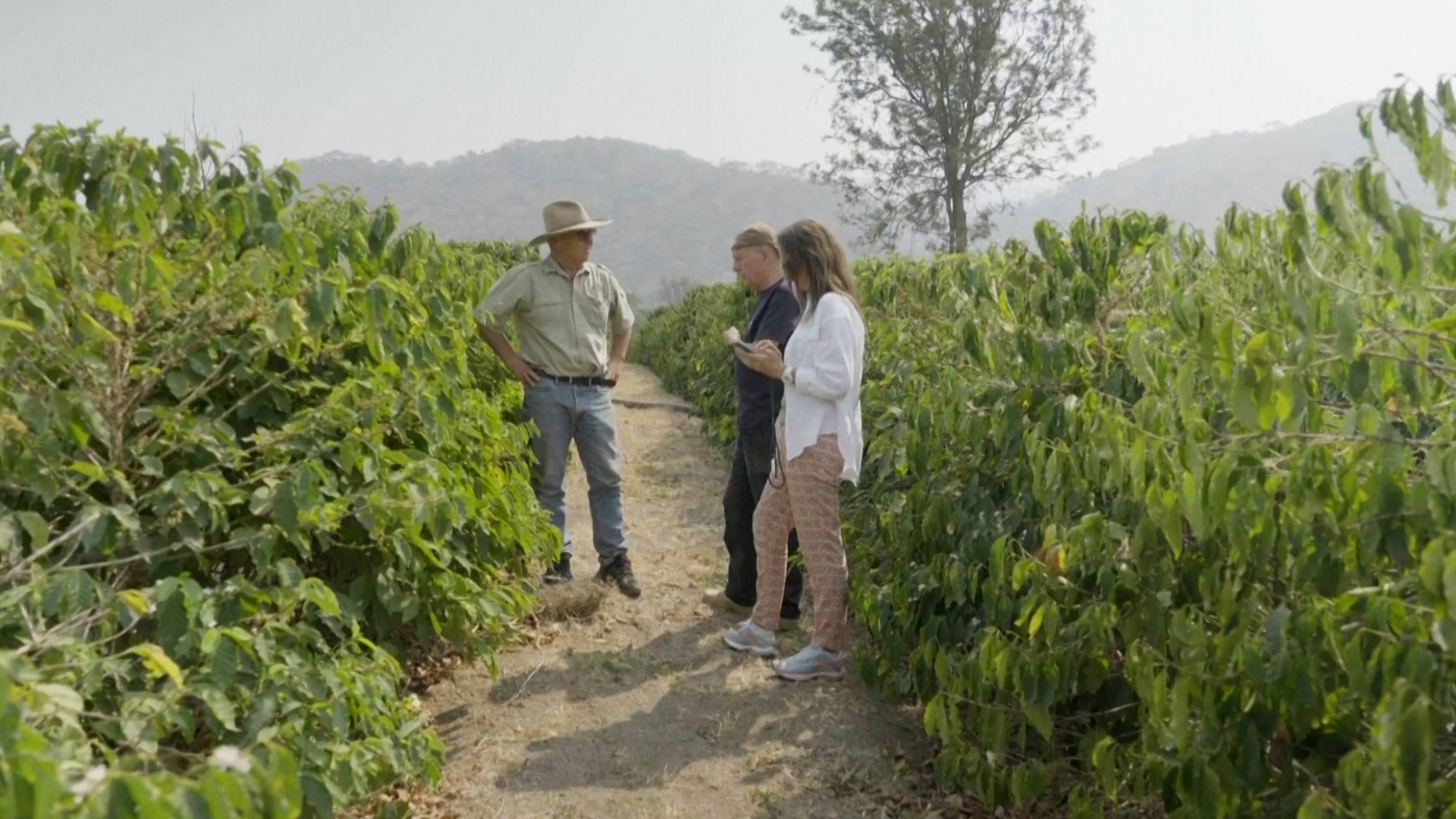To solve climate change, start by tackling plastic waste


Get involved with our crowdsourced digital platform to deliver impact at scale
Stay up to date:
Future of the Environment
As briefly rekindled hopes for a shift in climate-change politics sadly splutter a little, ahead of the forthcoming UN Climate Summit in New York, it was pleasing to see the World Economic Forum take a substantial step forwards in its coverage of the growth and value opportunities that come from tackling environmental issues. China, of all nations, knows why they must run hand in hand.
At this year’s Annual Meeting of the New Champions in China, business leaders participated in strong sessions and debates on climate change, circular business models, the sharing economy and the health of the oceans.
But how do all these issues connect? To understand this, we must move beyond seeing them as parallel themes. At the circular business models private session we saw all of this come together in one specific issue: polyethylene terephthalate (PET) and the challenge of its waste.
PET is a plastic packaging that companies use to protect their products for consumers, often with little thought for where it will end up, while municipalities deal with PET waste along with many other waste streams and often seek the lowest-cost disposal option. The design and disposal parts of the system are often completely disconnected, resulting in needless damage to the environment.
The Forum’s Circular Economy project connects the dots and, in the coming 12 months, will consider how to better design the PET system, with a view to improving environmental and economic outcomes.
But we mustn’t forget the consumers – or perhaps, more importantly, the citizens – in the centre of the value chain. PET is quite a carbon-efficient material, with a high level of recycled content. The recycling aspect is important. The role of the aware and activated citizen is key in achieving this. One of the issues that most motivates people is that of plastic waste in the world’s oceans, destroying marine life and the fragile ecosystems there.
Circular, carbon-efficient value chains that avoid polluting sensitive ecosystems present a great value opportunity for companies, as well as citizens and governments.
While the global political discussion on climate change stalls in the foothills, many major businesses are accelerating their climb up what Ray Anderson, the late and great founder of Interface, famously called Mount Sustainability. Business leaders from DSM, Desso and Philips were eloquent in their case for the integration of sustainability into core design, innovation and marketing strategies. The cultural challenge was also discussed, with the need for creativity and effective incentives identified as the way to raise consumer and employee awareness and commitment.
How appropriate, then, that the Forum’s Young Global Leaders chose the Annual Meeting in China to launch the Circular Awards. Open for applications until October, and to be presented at the 2015 Annual Meeting in Davos, the awards will celebrate the win-wins of business and environmental gains through smart innovations to improve the circular economy.
Author: Andrew Wales is the senior vice-president for Sustainable Development at SABMiller.
Image: A government sanitary worker collects and segregate garbage, mostly assorted plastic products polluting in Manila bay July 3, 2014. REUTERS/Romeo Ranoco
Don't miss any update on this topic
Create a free account and access your personalized content collection with our latest publications and analyses.
License and Republishing
World Economic Forum articles may be republished in accordance with the Creative Commons Attribution-NonCommercial-NoDerivatives 4.0 International Public License, and in accordance with our Terms of Use.
The views expressed in this article are those of the author alone and not the World Economic Forum.
Related topics:
The Agenda Weekly
A weekly update of the most important issues driving the global agenda
You can unsubscribe at any time using the link in our emails. For more details, review our privacy policy.
More on Nature and BiodiversitySee all
Lena McKnight and Stefan Fahrni
May 2, 2024
Cristen Hemingway Jaynes
April 30, 2024
Robin Pomeroy and Linda Lacina
April 29, 2024
Greg Goodwin and John Stackhouse
April 29, 2024






